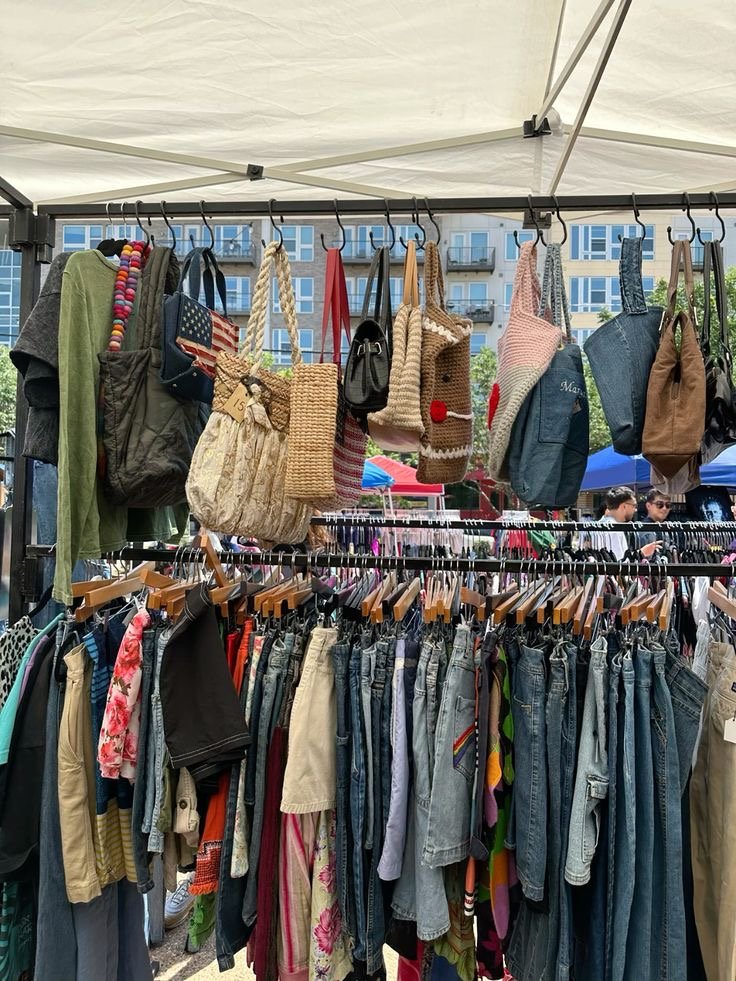Confessed Shopaholic
April 23, 2024
Writer: Jacqueline Presser
Editor: Alena Miklosovic
As I sit here today writing this article, I laugh inside, thinking about the many times I’ve heard from my friends or family, “You’re such a Shopaholic!” When I think of this word, I think of a crazy compulsive consumer constantly scouring the web and media sites for the latest and greatest finds and buying them. However, this concept has a deeper meaning that impacts our physical and mental well-being.
It has been proven that online shopping is more often than not overwhelming for our brains. With the increase in addictions to social media use and our phones, shopping coincides as they work together as a team to create a dopamine rush, according to Dr. Elias Aboujaoude. Aboujaoude is a clinical professor of psychiatry at Stanford University's School of Medicine. There, she studies compulsive buying disorder (CBD), better known as a shopping addiction, and is also the director of the OCD Clinic. In the article “Why Online Shopping is Tanking Your Mental Health,” Aboujauode states, “Online, the urge to shop can be satisfied much more quickly, making it more difficult to resist.” Anxiety and depression seem to intensify those effects. “One thing that can certainly make it riskier is something like untreated depression, because people are looking for a quick, temporary boost to their mood”(Serrano). It is evident that the satisfaction we feel when pressing buttons such as ‘add to cart’ or ‘checkout,’ and then seeing the “Thanks for your order!” message fill the screen that many of us feel happy and eager for the arrival, giving us a quick boost. However, this– unfortunately–doesn’t last and can be harmful to not only our credit card statements but also our mental/physical health patterns in the long run.
There is immense research comparing different addictions and their habitual reactions/impacts. The Times article states, “The act of filling the cart or purchasing the item can almost feel more powerful than actually getting it,” says Thea Gallagher, a clinical psychologist and associate professor at NYU Langone Health. Past studies have conditioned rats to expect cocaine when a bell rings—but researchers found that they got an intense dopamine rush from the sound of the bell, even when the drug didn’t come. “Obviously, there’s no cocaine in online shopping,” she says, “but there’s a dopamine bump that keeps people coming back for more” (Serrano).
Shopping for me has become so routine that it no longer feels as satisfying and mood-boosting, mainly because of how undeniably easy it has become. One reason for this is the idea that “Convenience is Key!” I always say that when I shop on Amazon or practically any website now that has my information saved and quick checkout/payment options, it feels “free.” Convenience is integrated into apps we use daily, with companies generating ads and sending us coupons and deals to use when we click on a site, even if by accident–we genuinely have no control over it anymore. Since we live in a world where online shopping is inevitable, it's essential to remember a few things.
Be a Satisfier, not a Maximizer.
Psychologists say that two types of decision-makers exist: maximizers and satisfiers. Maximizers overcomplicate and fret over each decision, ensuring they acquire the “best,” even if it takes excessive time and research. On the other hand, Satisfiers focus on making a choice that makes sense to them and is relevant to their mission, leaving them content and ready to move on with their lives.
You can unsave your credit card information, take a break, and think logically, too!
The automatic component of having it saved makes it almost impossible not to buy something. Add waiting periods to your shopping routines to keep a healthy pattern going. It sounds cliche, but J.B. MacKinnon, author of “The Day the World Stops Shopping: How Ending Consumerism Saves the World and Ourselves,” says, “My quickest rule is just to sleep on it.” You likely won’t want the item after the waiting period. But if you do, then it probably makes sense to buy it—and at least you’ve developed some self-awareness about your shopping habits, he says. “We often have these urges to consume, but if we took a minute, we’d realize it wasn't going to bring much to our lives if anything at all” (Serrano).
Redesign your social media feeds and check your Inbox.
Because the market is so micro-targeted and has algorithmic methods to specifically attract and pull consumers closer and closer to literally magnetizing to the checkout button, it is tough not to fall victim to constant new wants on social media. With the new way of the world, now having influencers adds another layer, as most of them have brand partnerships and are constantly promoting new products that they may love or may not but recommend to their followers anyway for income. MacKinnon said, “I think social media has really blurred the line between authentic relationships and transactional relationships” (Serrano). It is unbelievable to think that this is what social media has become. Even though it had just started as a way of communication and technological advancements, it has now normalized society to want the newest and most sought-after products, especially those influencers promote or represent.
So Next time you find yourself stuck at the edge of your seat to click “buy now,” just remember there are substantial impacts to your mental health and well-being.

